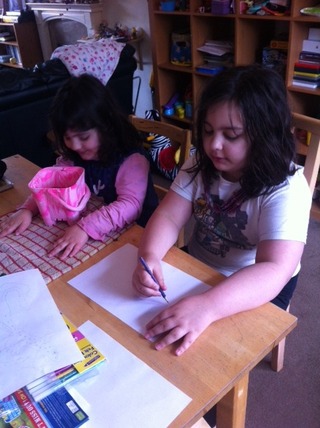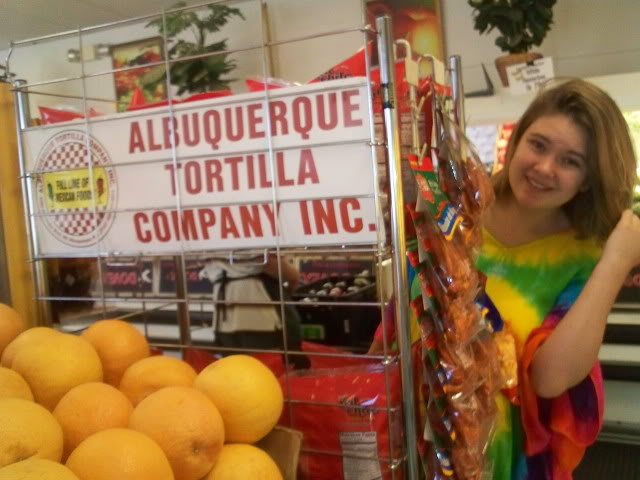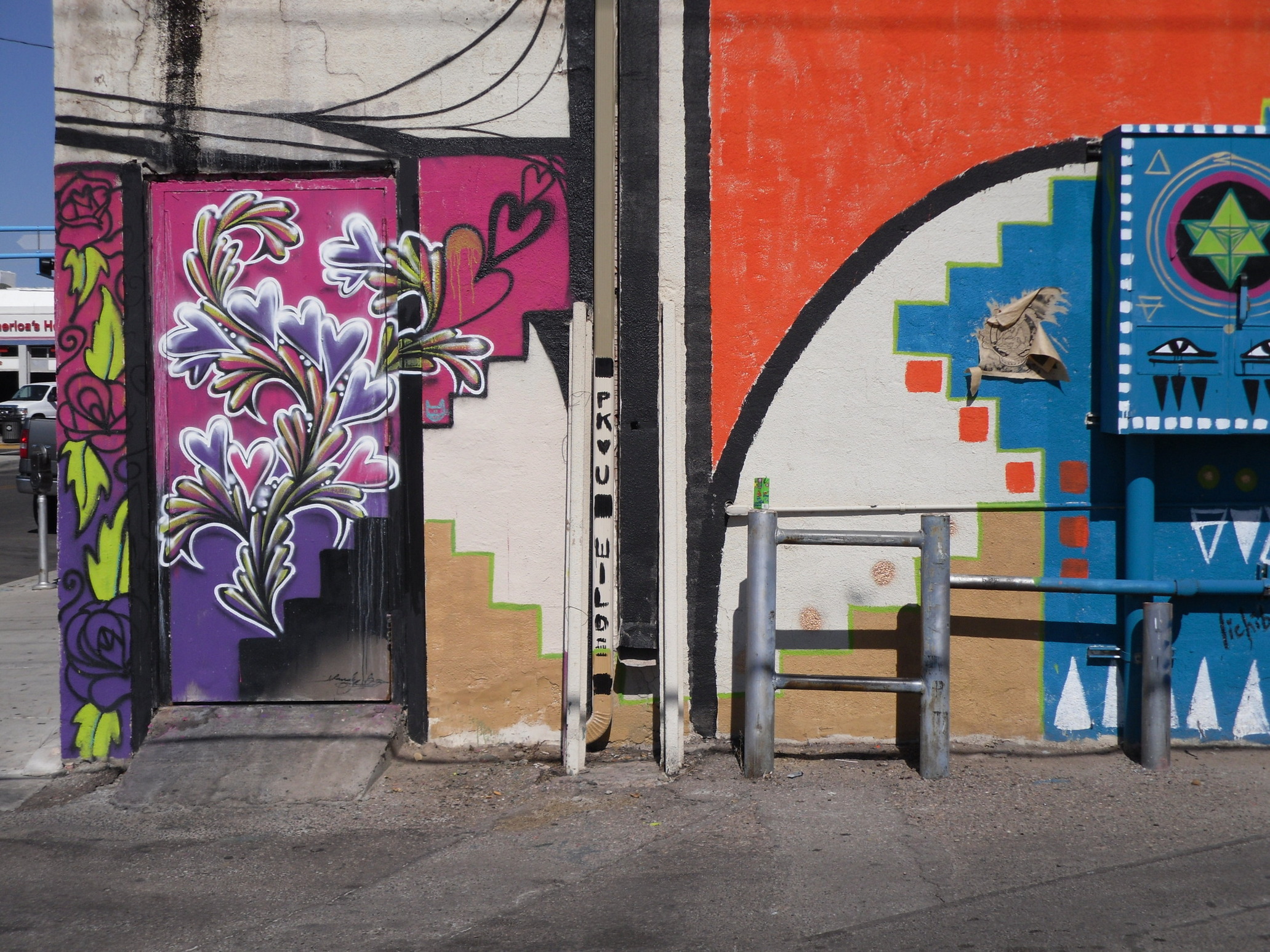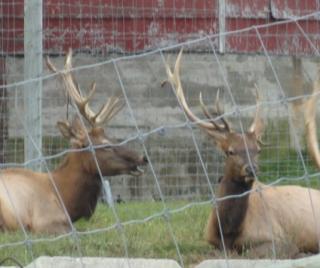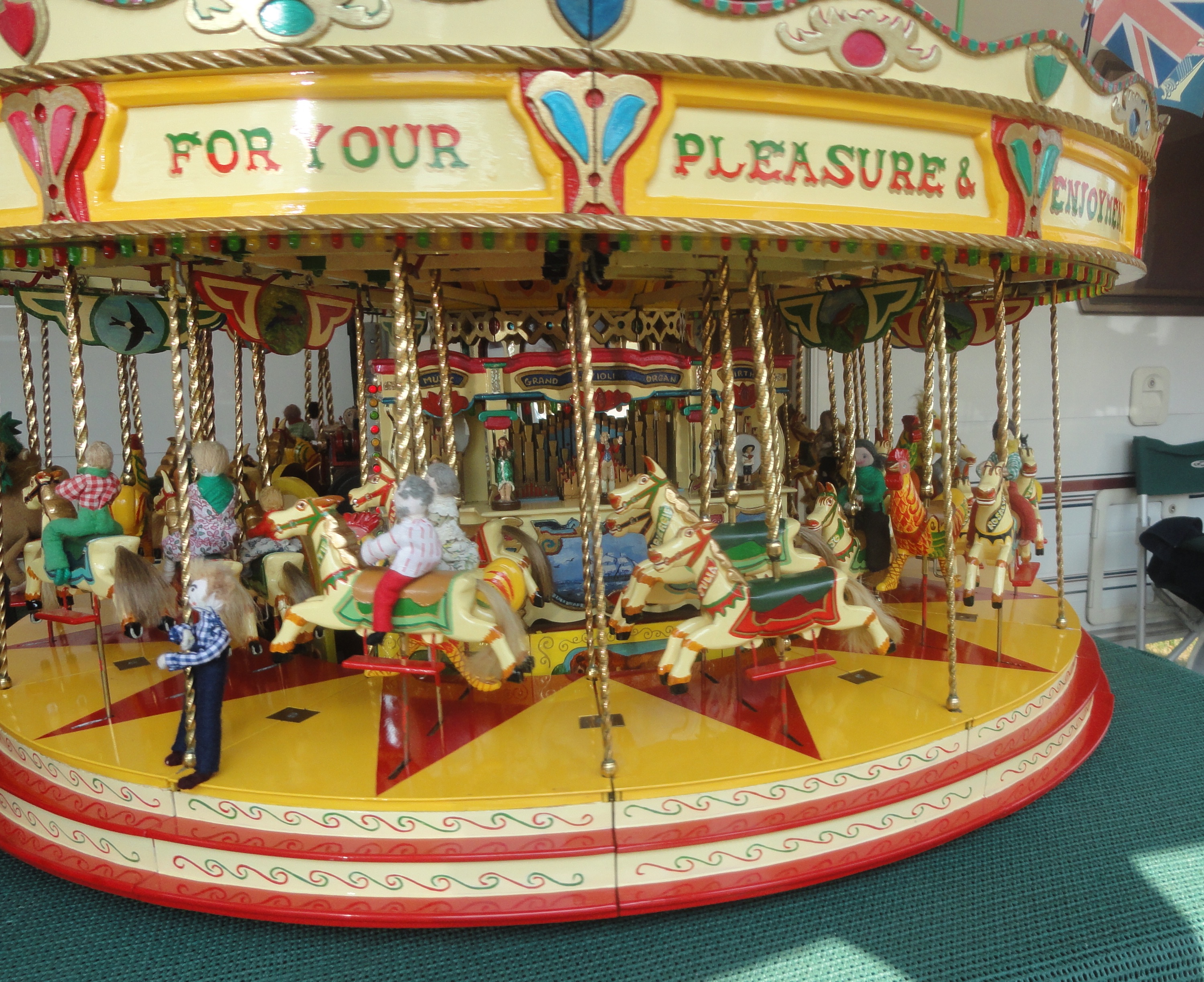I have for sure felt like unschooling has been like recovery. It hasn't come easy to me. Recovery from using guilt as a tool, using control as a tool. Letting go of expectations of what it means to be a parent and how children should be.
It's ongoing for me, it take lots of thoughtful pauses to remain on the path of unschooling life. But it's seeped in everywhere now, how I treat my husband, how I even treat myself. How I see relationships, food, world issues.
Recovery is about emptying your toolbox of the broken, ineffective tools that have helped you scrape by in life. For me to feel joy in my own self and want joy for others I had to empty that tool box and find new tools. It's been scary and I ve had to take lots of leaps of faith.
The other day my daughter said she needed a hug, and in that embrace she said, "Mom you are like my compass."
That is what recovery feels like for me.
—Kristin Burton

SandraDodd.com/recovery
photo by Sandra Dodd (of someone else's painting)
